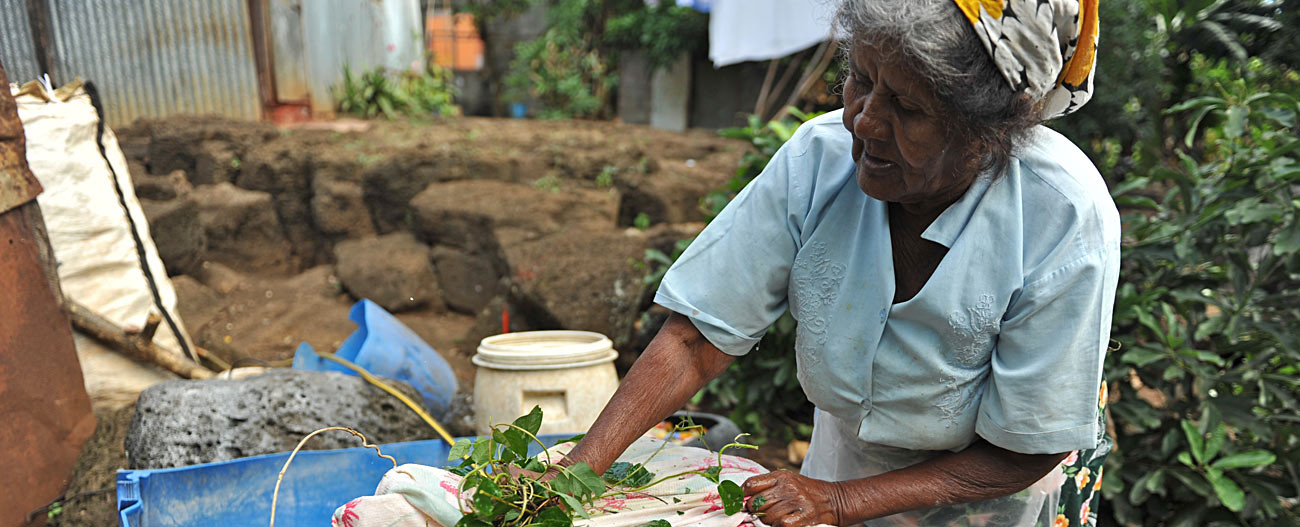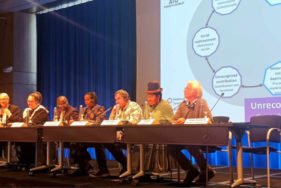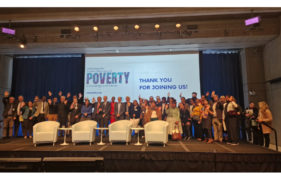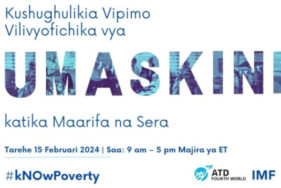- The Hidden Dimensions of Poverty was a multi-year participatory research project, in collaboration with Oxford University. This research project connected people who have a direct experience of poverty with other experts. A key aim was to complement “top down” definitions of poverty with experiential ones, and to demonstrate that it is possible to develop research methodologies that enable the fulfillment of human rights obligations to engage people in poverty in global policy making.
Dimensions of Poverty
- Core Experience of Poverty: Disempowerment, Suffering in body, mind and heart and Struggle and resistance
- Lack of Resources: Lack of decent work, insufficient and insecure income and material and social deprivation.
- Relational Dynamics: Institutional maltreatment, social maltreatment and unrecognised contributions.
Download the reports
Download the international report The Hidden Dimensions of Poverty by ATD Fourth World in partnership with Oxford University. This project took place in six countries: Bangladesh, Bolivia, France, Tanzania, the United Kingdom and the United States.
Read a discussion between members of the project’s International Coordination Team.
You can also:
Download the international report in English.
Download the international report in Spanish.
Download the international report in Polish.
Download the international report in French.
Download the international report in Arabic.
Download the international report in Italian.
Download the Bangladesh report.
Download the Tanzania report in English
Download the Tanzania report in Swahili
Download the UK report.
Download the US report.
Download the France report (in French).
Download the Bolivia report (in Spanish).
Download the international flyer in English.
Download the international flyer in French.
Download the international flyer in Hungarian
Download the international flyer in Bulgarian
Download the international flyer in Romanian
Executive summary in German.
Videos about our Hidden Dimensions of Poverty international research:


Play with YouTube
By clicking on the video you accept that YouTube drop its cookies on your browser.


Play with YouTube
By clicking on the video you accept that YouTube drop its cookies on your browser.
Watch more Dimensions of Poverty videos in English on our YouTube channel.
Watch Dimensions of Poverty videos in Spanish.
Watch Dimensions of Poverty videos in French.
Watch a video about the Dimensions of Poverty in Bulgarian.
A selection of our Dimensions of Poverty research is included in the book Dimensions of Poverty: Measurement, Epistemic Injustices, Activism.
How do we measure poverty?
As the international community prepared new Sustainable Development Goals (SDGs), the question of how we measure poverty became more important than ever before.
One of the conclusions of ATD’s participatory research on the Millennium Development Goals was that current measures of extreme poverty are inadequate. Some global statistics are very uncertain. In addition, the $1.90 a-day indicator of extreme poverty is deeply flawed.
Extreme poverty is a multidimensional phenomenon. ATD Fourth World works on the question of measuring poverty on three fronts:
- With people living in poverty, to include them as partners in building knowledge on development;
- Working with researchers and international organizations, to find the best ways to measure poverty;
- With governments and international organizations, to ensure that multidimensional measures of poverty are included in international sustainable development goals.
On the research front, we undertook a multi-year participatory research project, in collaboration with Oxford University, that connected people who have a direct experience of poverty with other experts. A key aim of this research was to complement “top down” definitions of poverty with experiential ones, and to demonstrate that it is possible to develop research methodologies that enable the fulfillment of human rights obligations to engage people in poverty in global policy making.
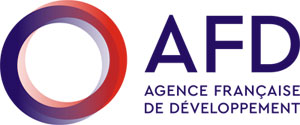
-
Inclusive and Deliberative Elaboration & Evaluation of Policies (IDEEP) Tool
The Inclusive and Deliberative Elaboration and Evaluation of Policies (IDEEP) is a tool created in (...)
Articles
Addressing the Hidden Dimensions of Poverty at the World Bank
Above: Co-researchers presenting the Hidden Dimensions of Poverty research On February 15, 2024, the conference ‘Addressing the Hidden Dimensions of (…) Read more
The World Bank and the IMF Address the Hidden Dimensions of Poverty in Knowledge and Policies
On February 15, 2024, ATD Fourth World delegates from Bolivia, Tanzania, the United Kingdom, and the United States gathered at (…) Read more
Kushughulikia Vipimo Vilivyofichika vya Umaskini katika Maarifa na Sera
Tarehe 15 Februari 2024 Washington, D.C. na Mtandaoni MAELEZO YA TUKIO Tarehe: Alhamisi, Tarehe 15 Februari 2024 Saa: 9 am (…) Read more


